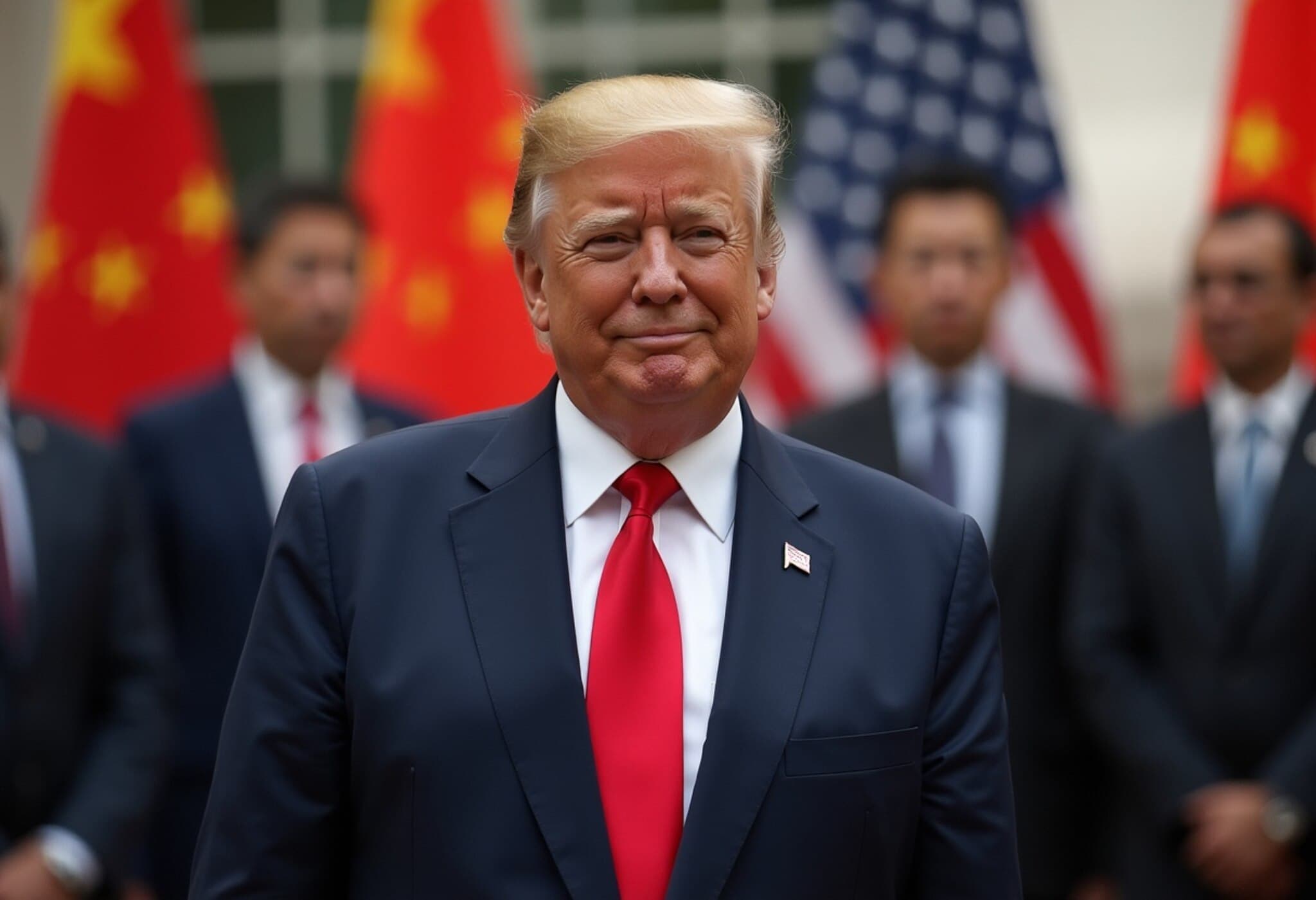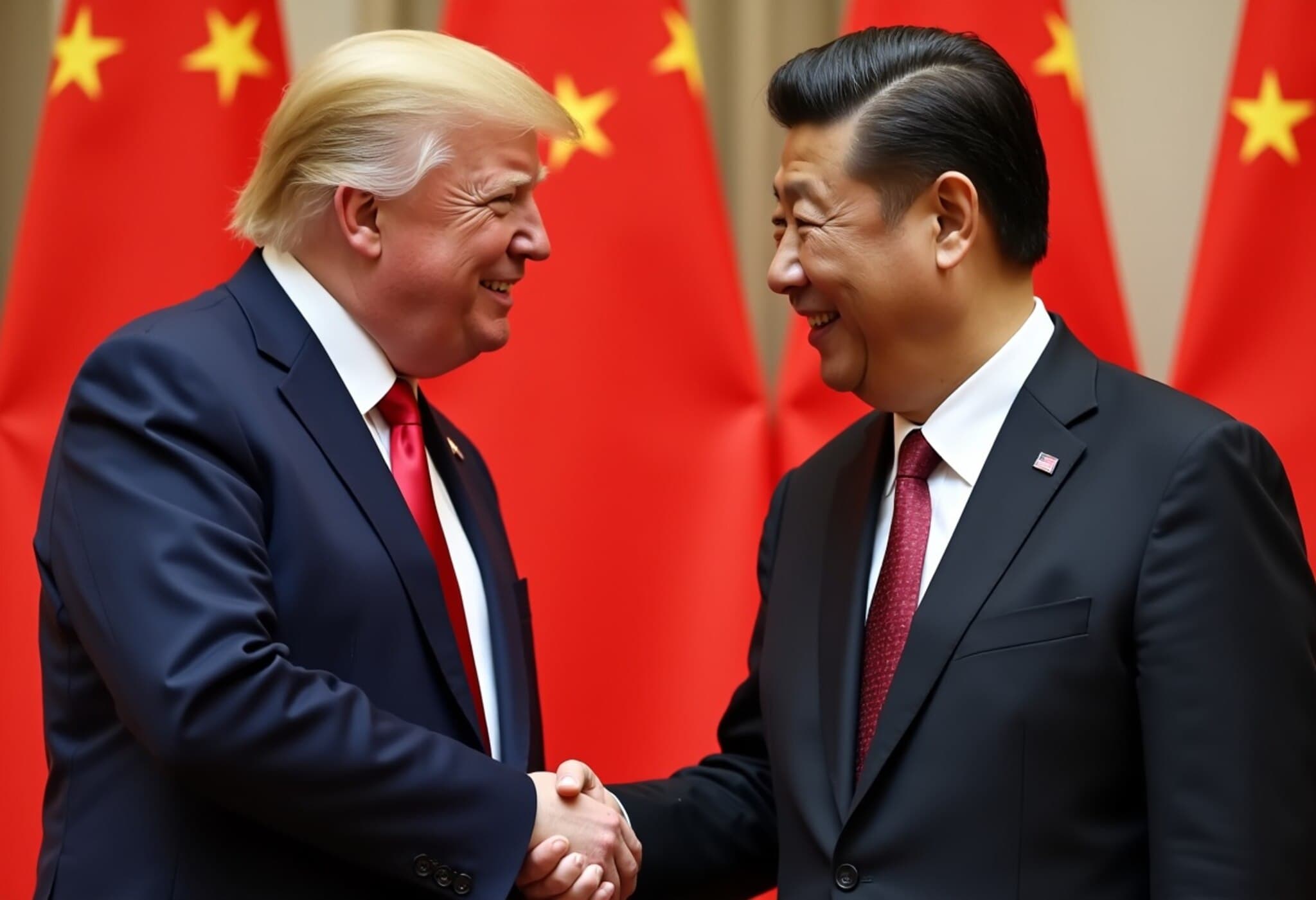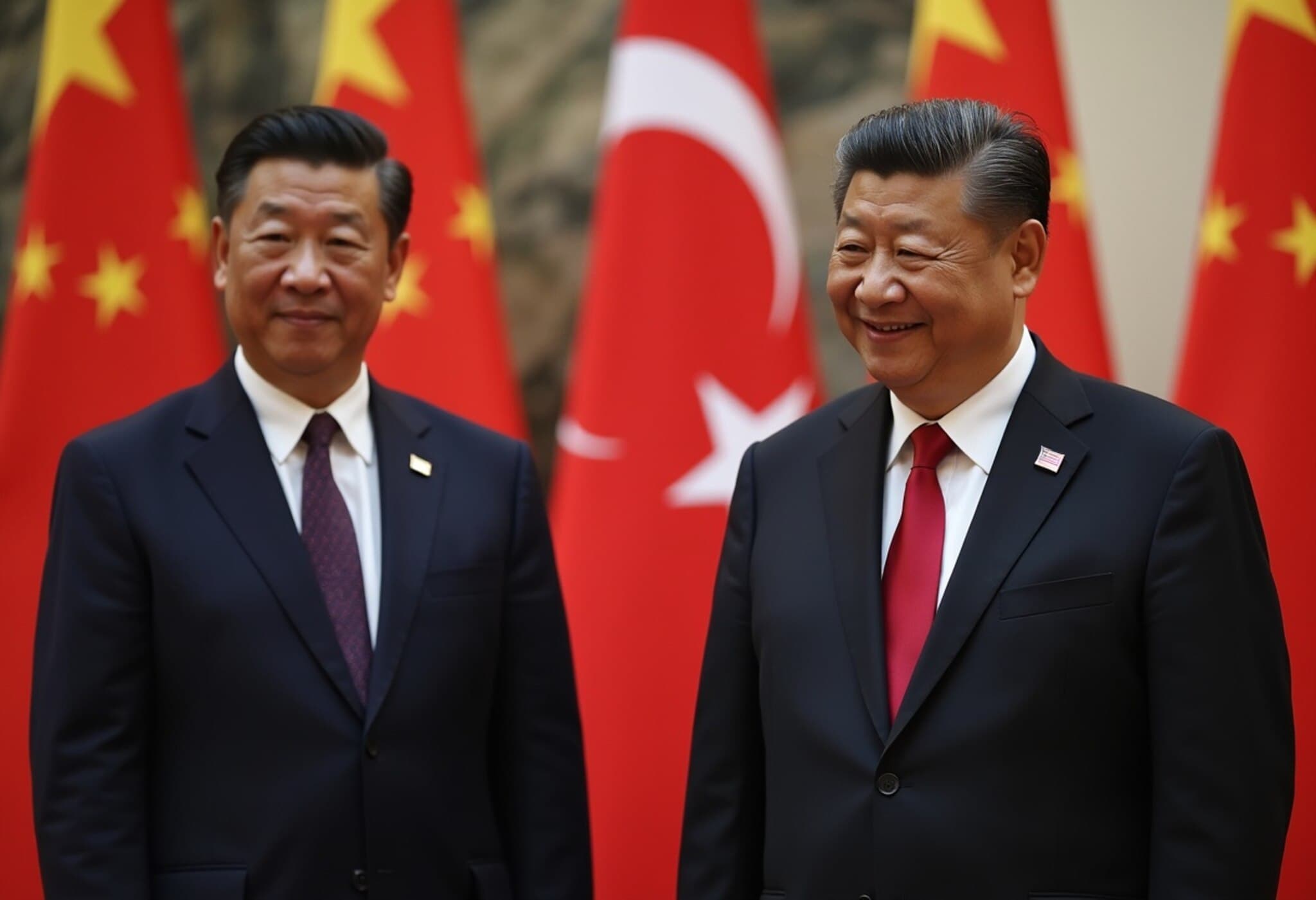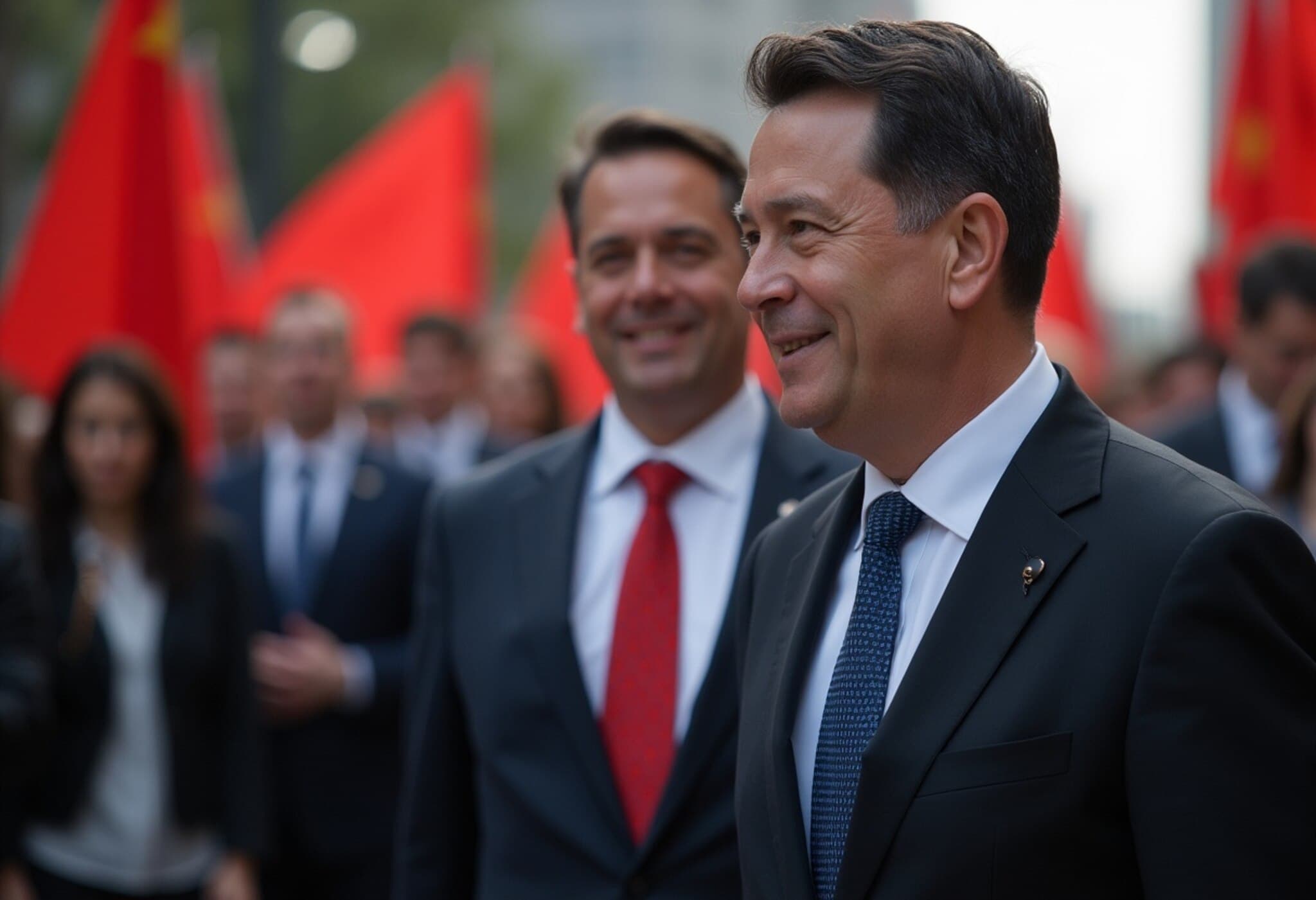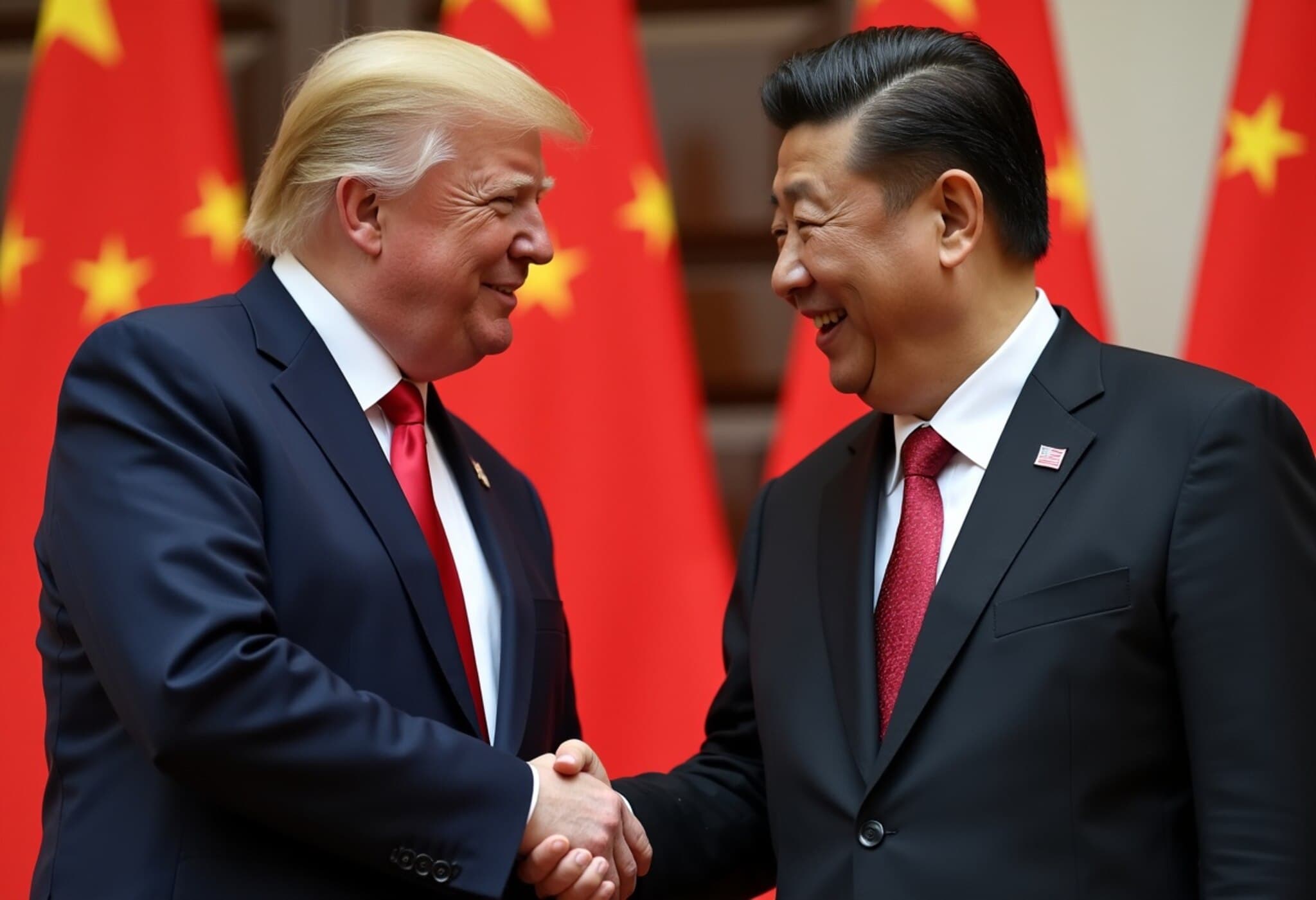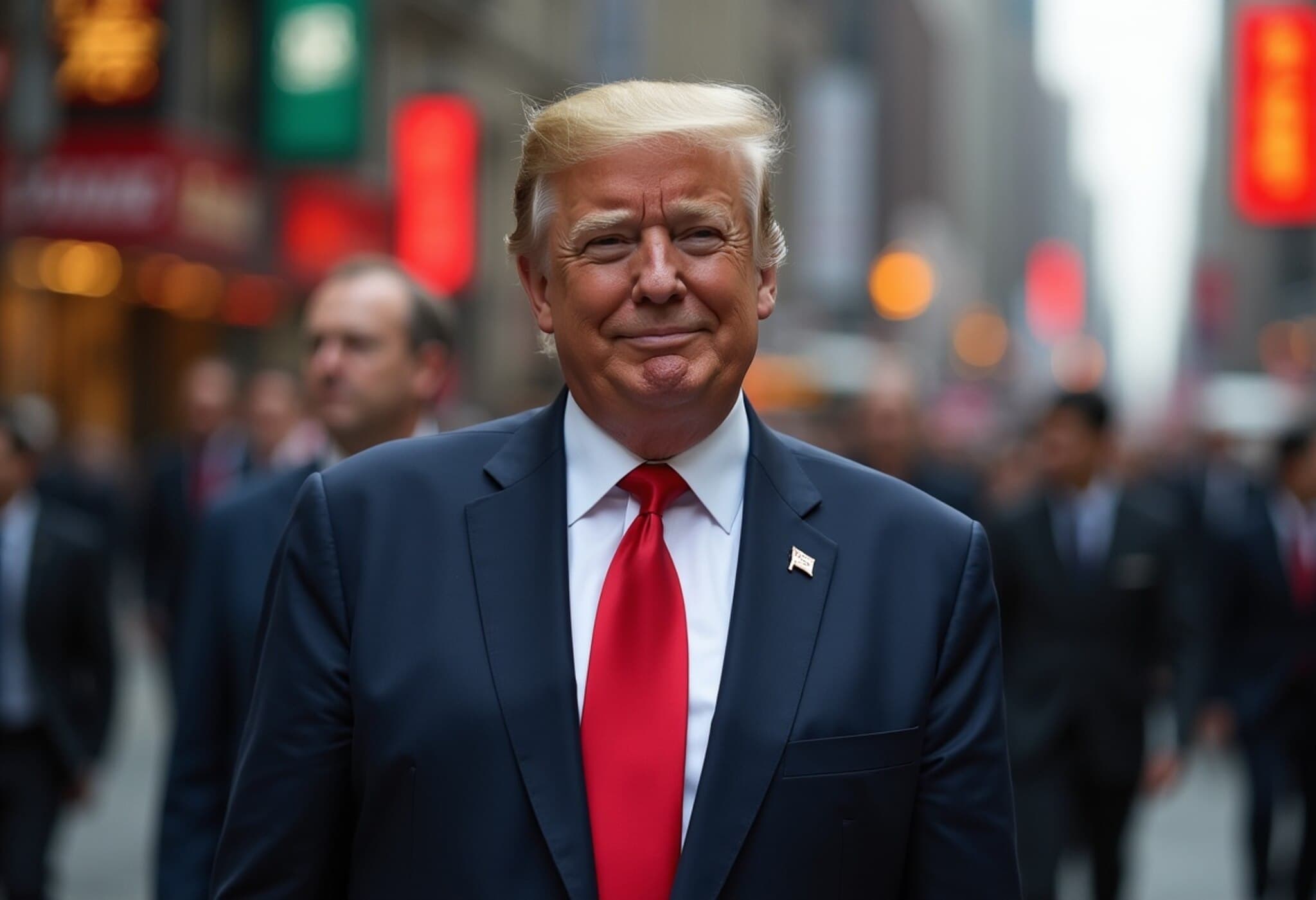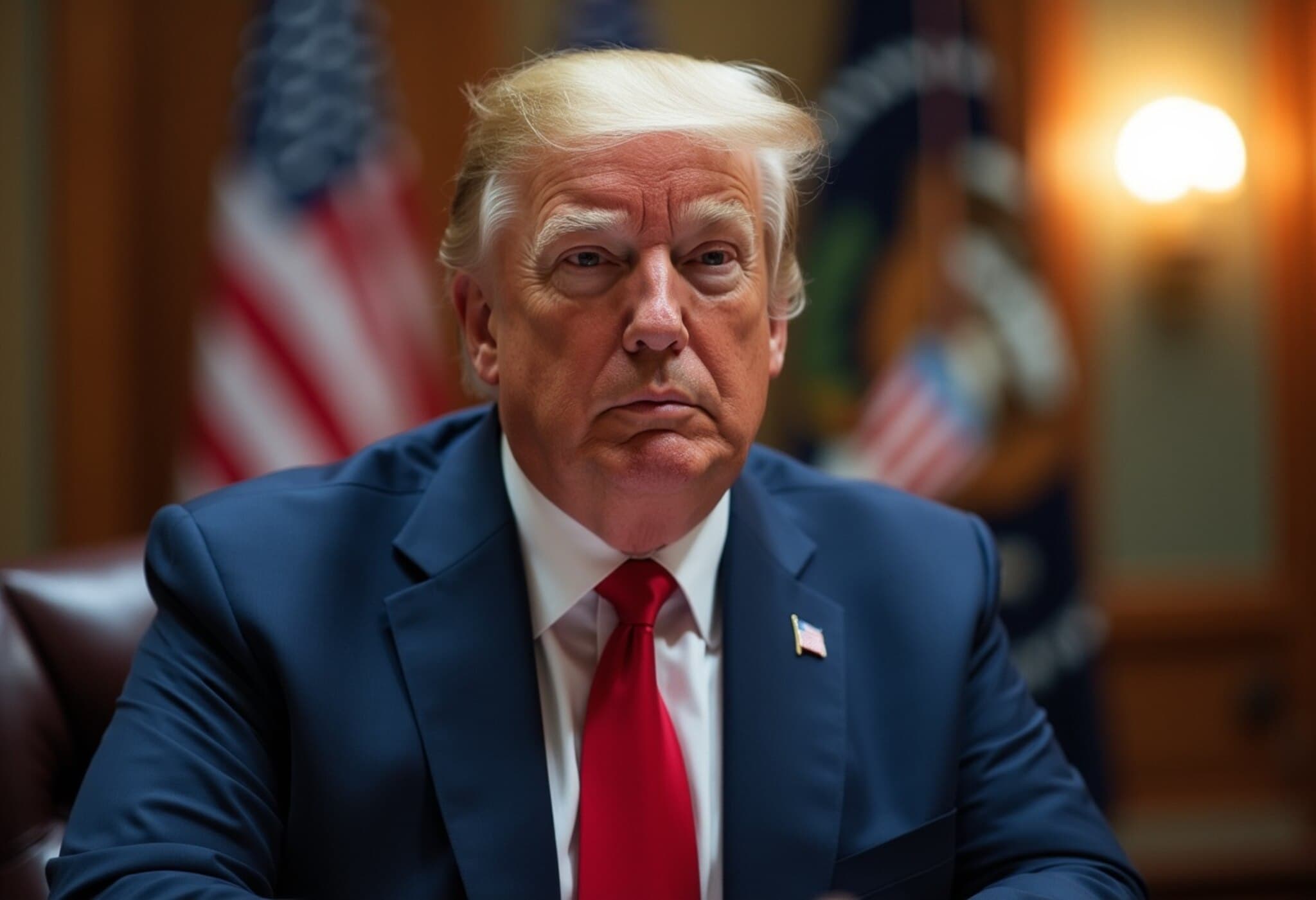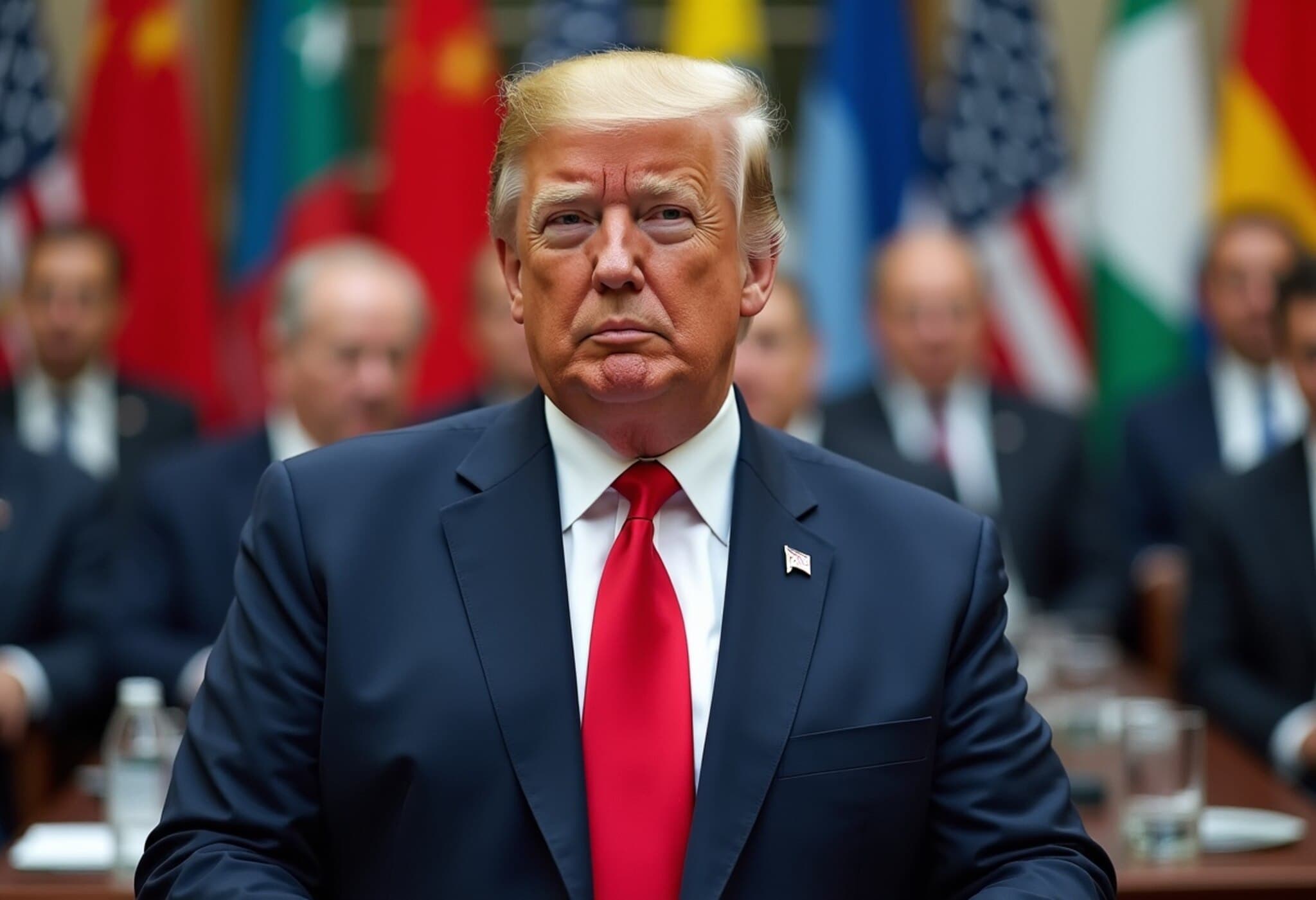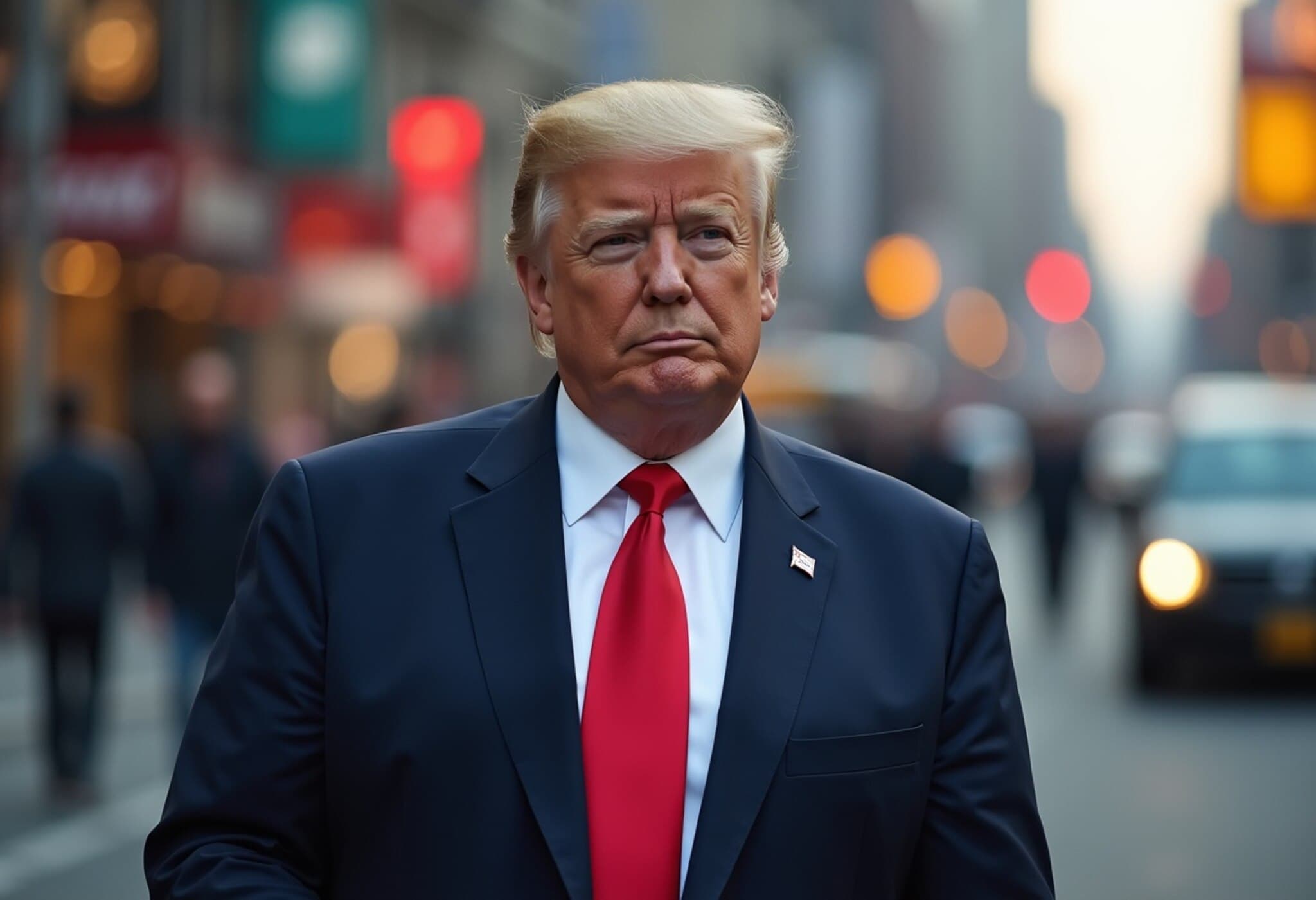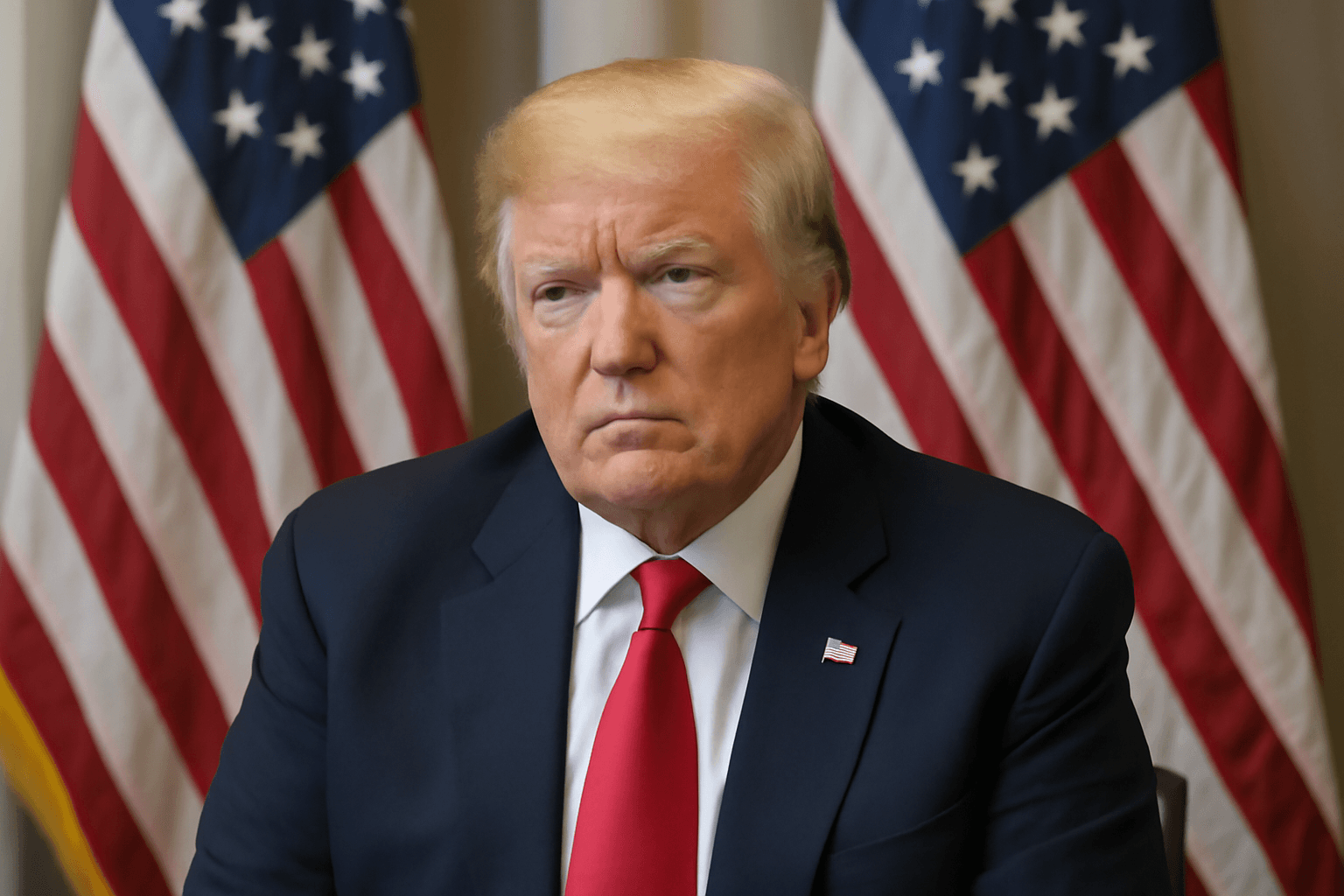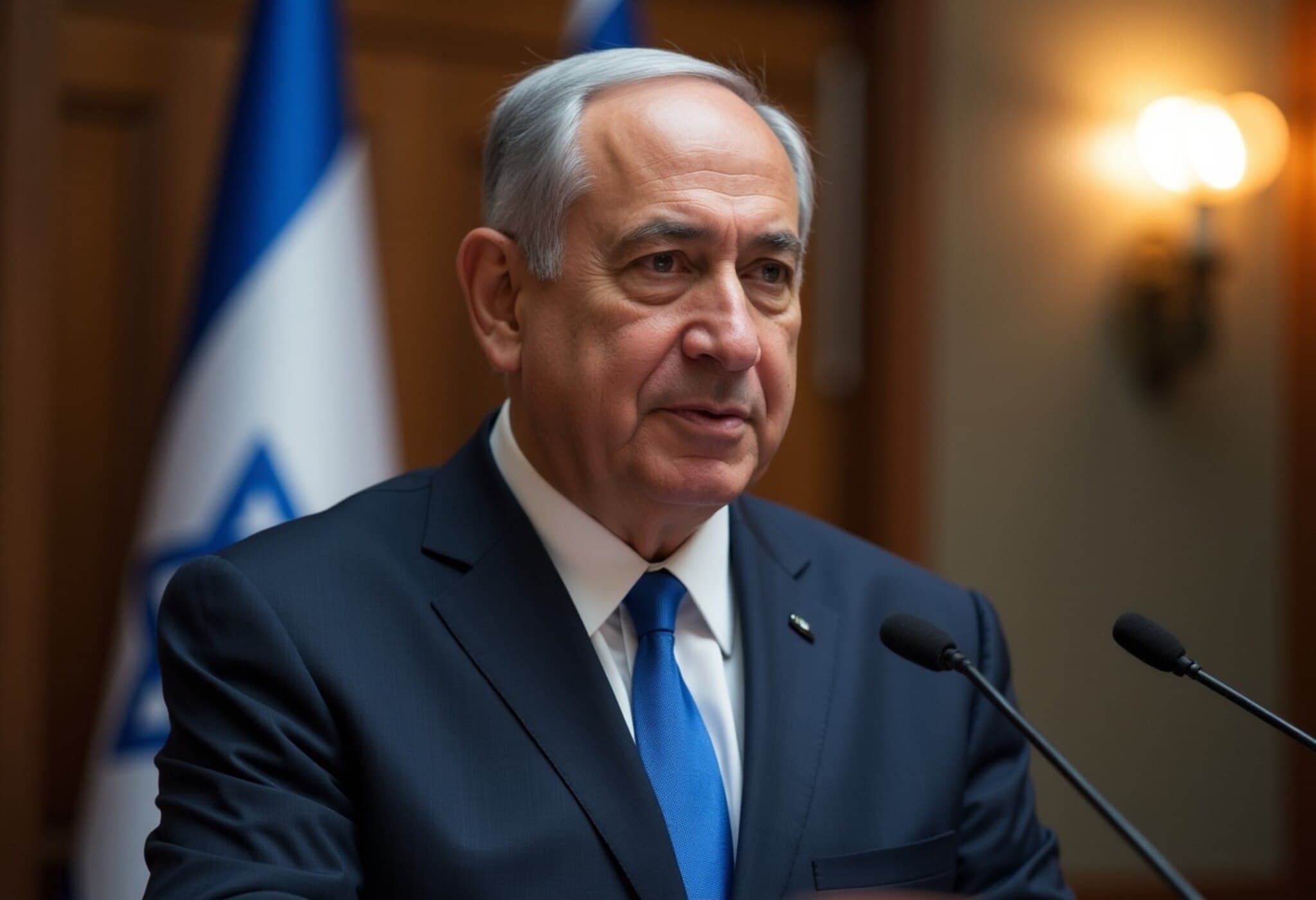Trump Targets China Over Fentanyl Amid Easing Trade Tensions
As trade negotiations between the United States and China show signs of improvement, former President Donald Trump has sharply criticized Beijing for its role in the ongoing fentanyl crisis engulfing the US. Trump specifically called for capital punishment for those manufacturing and trafficking fentanyl-related substances, underscoring the deadly impact of the synthetic opioid epidemic ravaging millions of Americans.
Fentanyl: A Deadly Epidemic with Global Roots
Fentanyl, a powerful synthetic opioid, has been linked to over 450,000 overdose deaths in the US over the past decade, with many more individuals grappling with addiction. The drug’s potency—estimated to be up to 100 times stronger than morphine—makes it a significant public health threat. US officials have long blamed Chinese chemical suppliers for the uncontrolled flow of precursor chemicals used to manufacture fentanyl, which subsequently flood the American market.
Trump's Call for Harsh Penalties and Policy Measures
In a recent statement, Trump emphasized the need for China to impose the death penalty on anyone involved in producing or sending fentanyl into the US, signaling a tough stance amidst ongoing diplomatic dialogue.
“I think we’re going to work it out so that China ends up giving the death penalty to those responsible for the fentanyl crisis,” Trump said, adding his belief that this change is imminent.
Backing his rhetoric, Trump signed the Halt All Lethal Trafficking (HALT) of Fentanyl Act, which imposes stiffer prison sentences for offenses involving fentanyl and classifies all fentanyl-related substances as Schedule I drugs under the Controlled Substances Act. This designation allows the Drug Enforcement Administration (DEA) to treat fentanyl analogs with the highest level of regulatory scrutiny due to their dangerous nature.
Escalating US-China Tensions and Trade Implications
This intensification of rhetoric occurs against a backdrop of easing US-China trade tensions. Earlier in 2025, Trump imposed a 20% tariff on Chinese imports, partly as leverage to pressure China on curbing fentanyl production and export. Yet, Beijing has reacted by defending its drug control policies and accusing Washington of weaponizing the fentanyl issue for geopolitical gain.
China’s Counter-Narcotics Efforts: Progress and Gaps
Despite accusations, China has taken tangible actions to regulate fentanyl precursor chemicals. Recently, it added substances such as 4-piperidone and 1-boc-4-piperidone to its controlled chemicals list, aiming to seal loopholes exploited by traffickers. Moreover, Chinese authorities report significant interdiction efforts, including the seizure of over 2 tons of illicit drugs and hundreds of arrests targeting drug smuggling and money laundering operations in the first half of 2025.
- Over 1,300 prosecutions nationwide related to drug offenses between January and May
- 700+ additional arrests for money laundering tied to drug trafficking—a year-on-year increase
Expert Insights: A Complex Battle Beyond Borders
Experts caution that fentanyl trafficking is an intricate transnational challenge that cannot be solved by punitive measures alone. Dr. Sarah Mitchell, a specialist in drug policy at the Center for Strategic Studies, notes:
“While strong enforcement and international cooperation are essential, addressing demand within the US and improving treatment infrastructures are equally critical. Policies must balance tough border controls with public health strategies to stem the overdose crisis effectively.”
This balanced approach recognizes that punitive policies, such as those advocated by Trump, must coexist with investments in addiction prevention, harm reduction, and treatment services.
Looking Ahead: Negotiations and the Human Cost
As US-China trade talks continue, fentanyl control remains a central topic—reflecting not just economic interests but a profound public health emergency. With millions of American families affected, there is mounting pressure on both governments to enhance cooperation on drug interdiction, regulate chemical production, and invest in education and healthcare to combat addiction.
Editor’s Note
The fentanyl epidemic presents a grim reminder of how globalized supply chains of illicit substances can devastate communities far from their points of origin. While Trump’s call for the death penalty reflects growing frustration, it also raises critical ethical and practical questions—can harsher punishments alone dismantle complex trafficking networks? And how might US-China relations evolve if drug policy becomes a continued source of tension? Readers are encouraged to consider the multifaceted dimensions of this crisis, recognizing that solutions require international diplomacy, legal reforms, and compassionate public health strategies.

